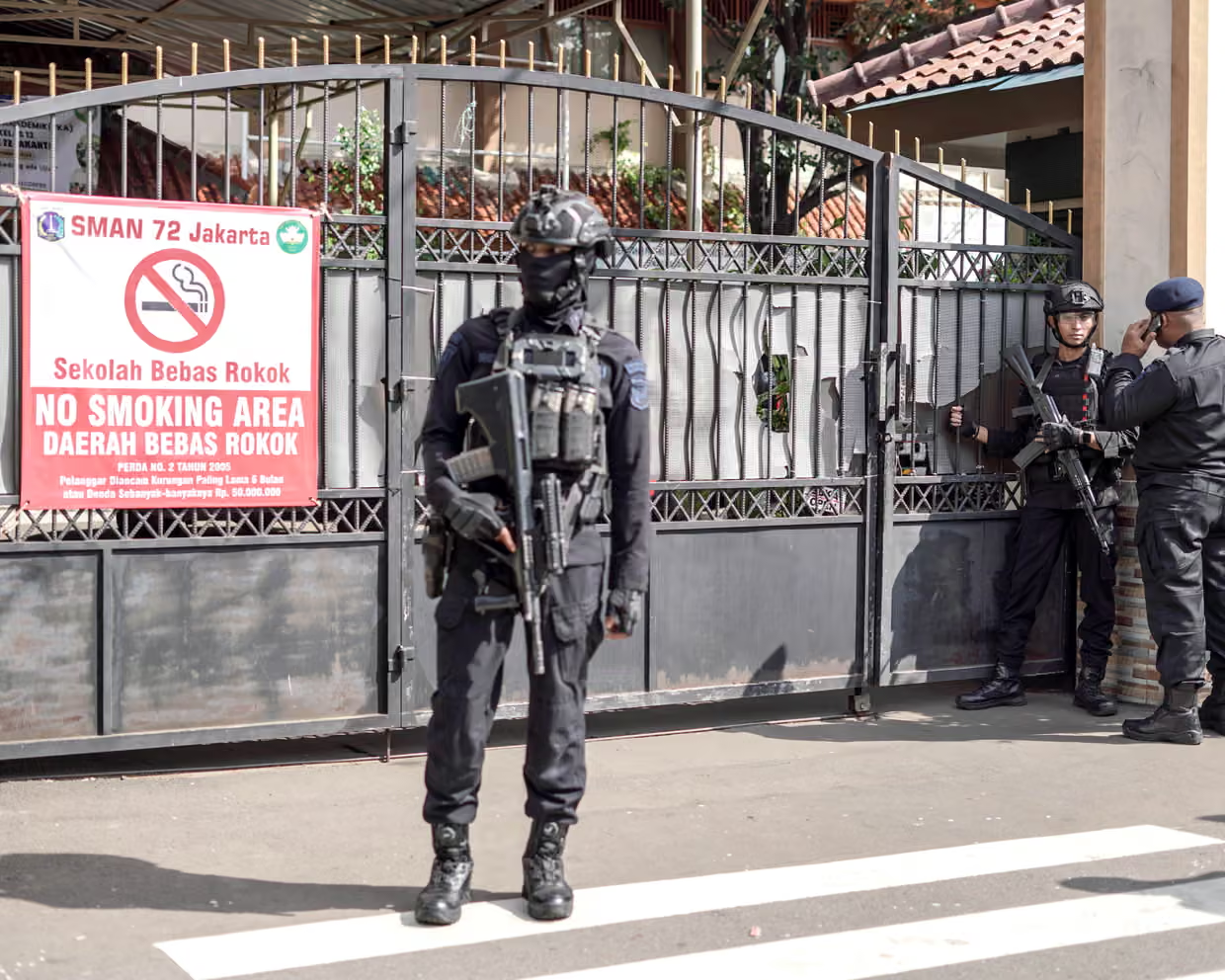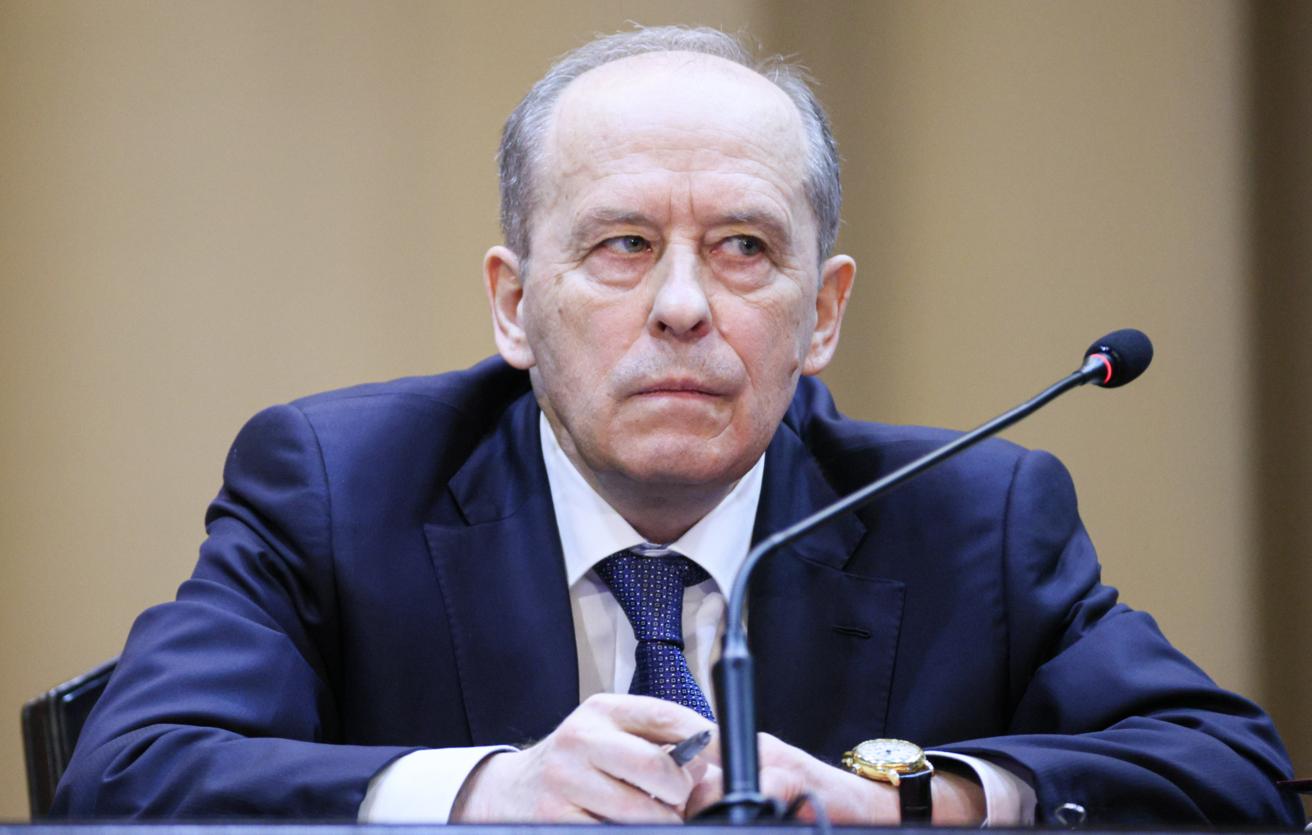SHANGHAI COOPERATION ORGANIZATION ESTABLISHED.
SHANGHAI COOPERATION ORGANIZATION ESTABLISHED.
Meeting in Shanghai on June 14-15, the presidents of Russia, China, Kazakhstan, Kyrgyzstan, Tajikistan and Uzbekistan established the Shanghai Cooperation Organization (SCO) as a regional mechanism for security and cooperation. Some Russian and Chinese pronouncements seek to suggest that SCO encompasses most of Eurasia’s landmass “from Europe to the Pacific.” In fact, SCO in its present form has ex-Soviet Central Asia plus Afghanistan as its sole object, with Moscow and Beijing sharing the SCO driver’s seat in an incipient and uneasy association.
On the regional level, Russia and China each hope to use the other in attempting to contain the West’s role in Central Asia. Their joint calls for combating Islamic “terrorism” are subsidiary to that larger, though largely unstated, purpose. In Moscow, analysts at both ends of the spectrum are agreed on that point. According to the liberal Yabloko’s leading foreign policy specialist, Aleksei Arbatov, “there is nothing more dreadful to America’s Central Asia policy than a rapprochement between Russia and China.” According to the would-be influential hardliner Andranik Migranian, the SCO should conclusively prevent the United States and Western Europe from performing the role of stabilizers for Central Asia generally and for Uzbekistan specifically.
On the global level, Moscow and Beijing plan to use the SCO as part of their attempts to offset the American primacy. They have already begun showcasing the SCO in the context of calling for a “multipolar” restructuring of the international system. The early signs are that most Central Asian states will not willingly be used in this way.
SCO is a Russian-Chinese initiative, which the lesser countries had no option but to join and hope to use in their own interests. The initiative responds to the growth of Western influence in Central Asia, far more than it does to a putative threat from Afghanistan or an equally putative Chechen-Taliban-Uighur terrorist international force. By the same token, the initiative reflects the relative decline of Russian power in Central Asia and a cautious attempt by China to assert itself beyond its western borders.
Russian President Vladimir Putin seeks, with very limited means, to reverse a ten-year strategic retreat from Central Asia. To facilitate even a limited comeback he needs China’s cooperation. Through the SCO, Putin is in essence inviting China to enter what used to be Russia’s Central Asian preserve. Moscow is probably right to calculate that Beijing’s means to have an impact on the region are modest at this stage and that Beijing will not rush headlong through the opening.
The decisions that arose from the Shanghai summit were expanded from and substantially enlarged the functions of a preexisting forum. In 1996 and 1997, the presidents of China, Russia and the three Central Asian states bordering on China signed agreements on military confidence-building measures in border areas and on mutual force reductions and pullbacks in those areas. Those two agreements were followed by border demarcation and delimitation between each of these Soviet successor states and China, with most border claims settled by now through bilateral give-and-take. The 1996 Shanghai and 1997 Moscow summits had their follow-ups in 1998 in Almaty, 1999 in Bishkek and 2000 in Dushanbe. Each successive summit added piecemeal to the group’s political and security functions, though these remained on paper.
Last year’s Dushanbe summit named the group the Shanghai Forum and conferred observer status on the preeminent Central Asian power, Uzbekistan, which does not border on China. Last week’s summit in Shanghai accepted Uzbekistan as a full member, institutionalized the newly named SCO as an international organization and took the first meaningful steps to expand the group’s functions.
SCO PROGRAM AND STRUCTURE OUTLINED.


